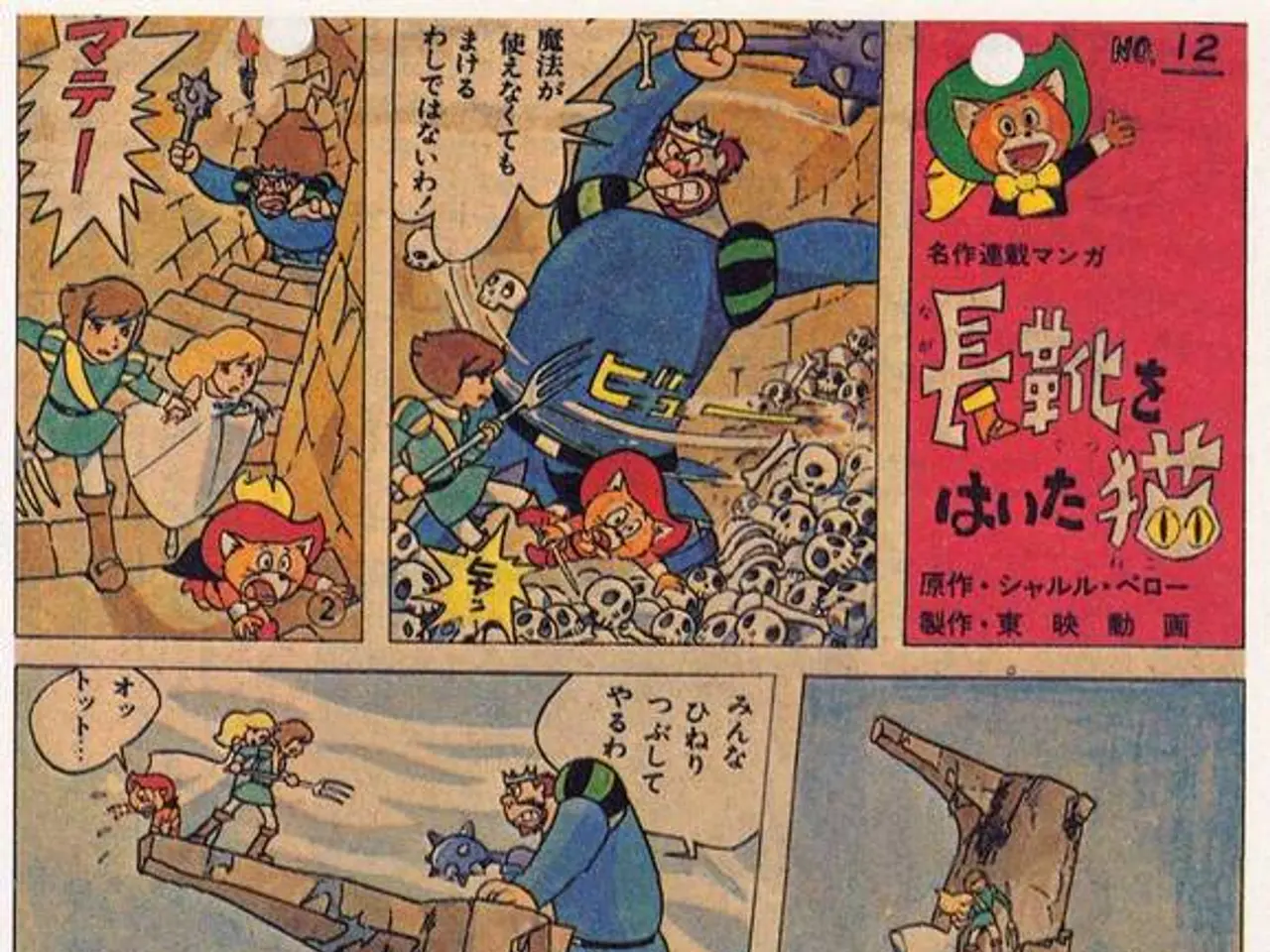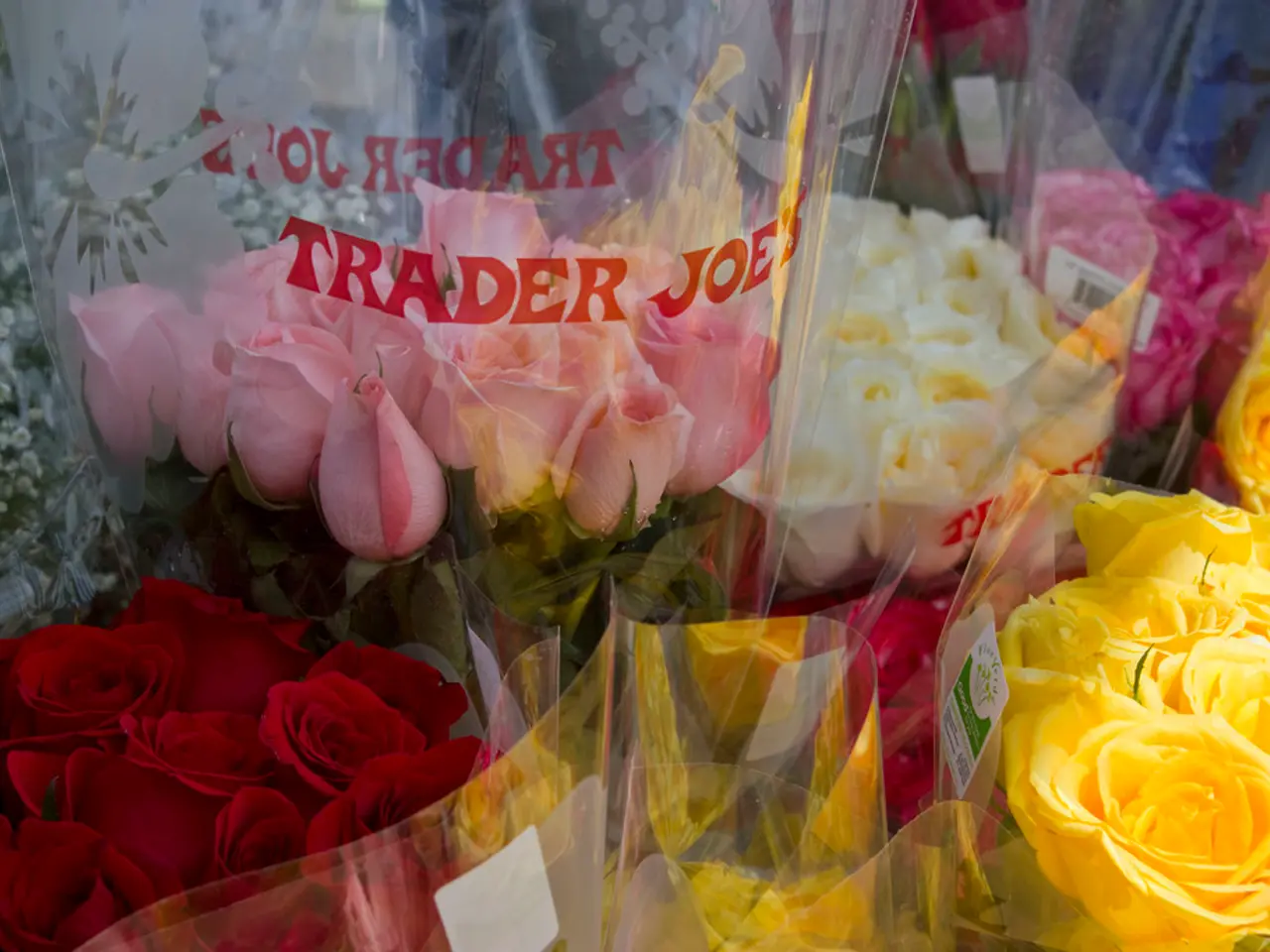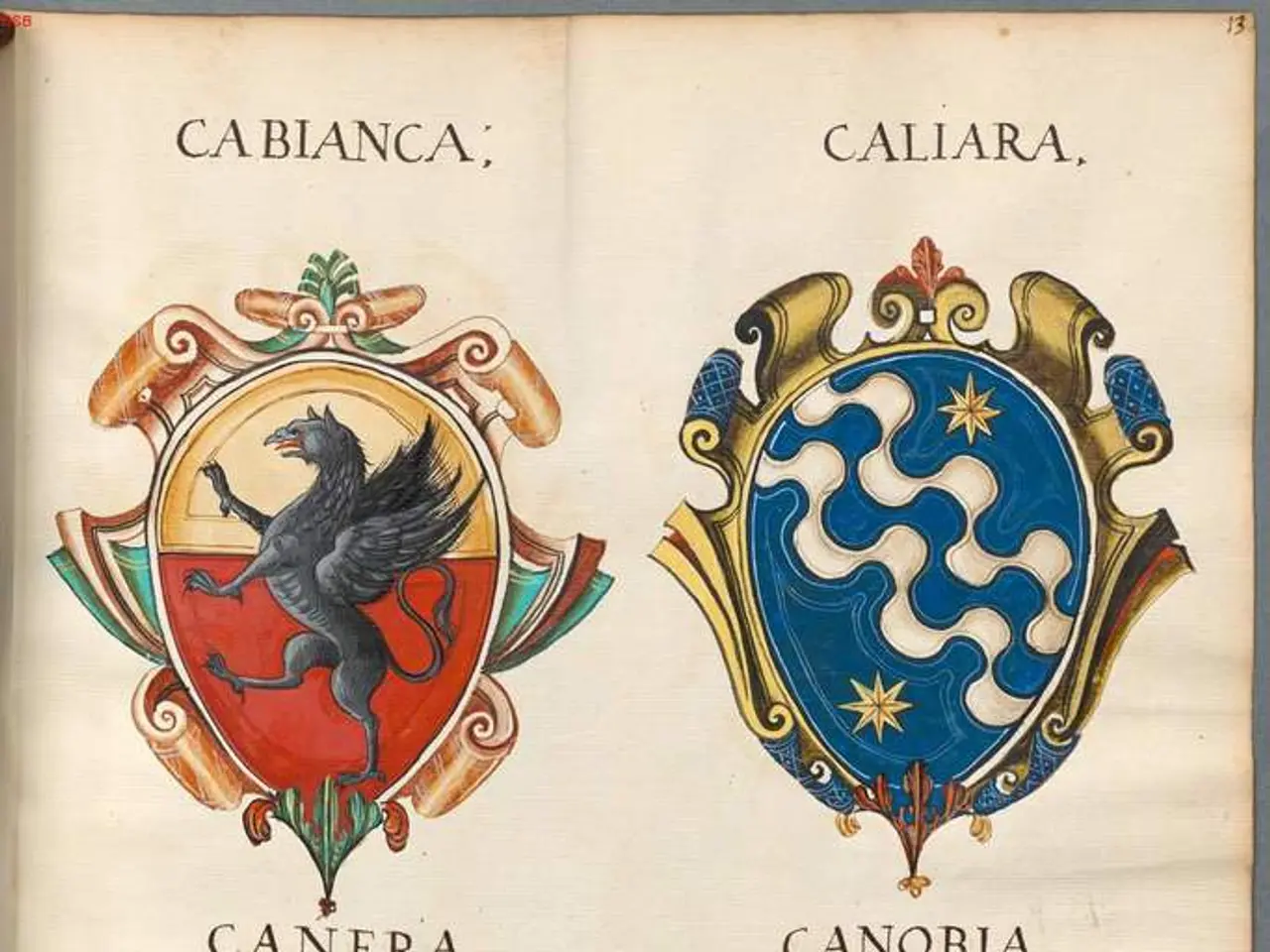Nostalgic Reflections on Cinematic Memories: A Lament for Our Past Film Industry Treasures
In the world of entertainment, two names stand out as enduring symbols of childhood wonder and cinematic innovation - Disney and AMC. However, while AMC continues to evoke nostalgia, especially among Generation Z, Disney finds itself grappling with a decline in popularity.
Disney, founded in 1923, first produced the classic cartoon Alice in Wonderland, and later introduced the world to iconic characters such as Mickey Mouse. The animation studio has managed to withstand the test of time, but questions about its future persist. In 2014, Disney hit a 9-year low, according to The Ringer. Since then, Disney's decline can be traced mainly to a perceived loss of storytelling quality, mixed critical reception of new content, declining box office performance on newer films, and challenges in theme park attendance and streaming service subscriber retention.
One of the key factors contributing to this decline is the perceived creative dissatisfaction among audiences. Since around 2021, particularly after releases like Turning Red and the live-action remakes (e.g., Pinocchio 2022), Disney has faced criticism for creative choices perceived as less emotionally resonant or diluting classic tales. Fans and critics describe recent films as lacking the "magic" of earlier eras, with live-action remakes seen as "cash grabs." For example, Pinocchio (2022) was criticized for altering its moral lessons, and Luca (2021) suffered from shallow plotting and poor box office results. Turning Red lost approximately $154 million, with mixed reviews on its themes.
Disney's film Wish, which marked the 100th anniversary of Disney, was anticipated by many but failed to entice audiences in the same way as old Disney movies. The animation style of Wish is uninspiring and confusing, attempting to recreate the old 2D animation style while also creating a 3D animation. The songs in Wish are criticized for having repetitive melodies and not climaxing enough to a satisfactory emotion. The villain, King Magnifico, is bland and lacks a motivating factor other than feeling insulted by the lack of respect from the civilians he rules over.
On the other hand, AMC Theaters, originally named Durwood Theaters, was founded in 1920 by Edward D. Durwood, a struggling actor. Durwood Theaters became a chain of local movie houses and drive-in theaters, eventually growing into a nearly national corporation under the leadership of Stanley Durwood, one of Edward's children. AMC experienced growth in the 1980s, offering multiple screens at once and adding features like cup holders.
The appeal of AMC, much like the appeal of concerts, lies in the shared vulnerable and intense moments with strangers. According to Wynn Chang '25, "I have childhood memories of my mom taking me and my brother out on a whim to AMC and just seeing whatever was available. It was one of my favorite things to do as a little toddler when you still hung out with your parents in that way - even though it was just such a simple, small moment."
In recent years, Disney's films like Frozen II (2019), Moana (2016), and Coco (2017) have reached a high level of success. These movies are representative of minorities but still tell interesting tales by pushing the audience into a whole new world. Moana and Coco reflect on cultural traditions, such as the Day of the Dead and ancient Mexican rituals, while also incorporating magical beliefs. Moana delves into tales of Polynesian mythology with magical realms of water and fire. Coco tells the story of a young Mexican boy who embarks on a journey to the Land of the Dead to find his great-great-grandfather.
In contrast, AMC is often associated with nostalgia, especially for Generation Z. AMC shows pictures of popular movie production companies like Disney, Pixar, Warner Bros, etc. AMC Theaters was renamed to 'American Multi-Cinema Inc.' (AMC) in 1968. Durwood realized his dream of a multiplex cinema in 1963. Stanley Durwood joined his father in managing Durwood Theaters throughout the 1950s. In 1968, AMC Theaters had 12 theaters with 22 screens in total.
In summary, Disney's declining popularity since 2014 is largely tied to creative dissatisfaction among audiences, mixed performances of new IP and remakes, streaming subscriber volatility, and post-pandemic theme park attendance challenges. AMC, on the other hand, continues to thrive, offering a nostalgic cinema experience that appeals to a wide audience. This reflects both shifting consumer tastes and external market pressures impacting the companies' cultural and financial standing since roughly 2021 onward.
- The editorial history of Disney's decline in popularity can be traced back to 2014, marked by a 9-year low, concerns over storytelling quality, mixed critical reception, declining box office performance, and challenges in theme park attendance and streaming service subscriber retention.
- Psychology plays a role in the perceived creative dissatisfaction among audiences towards recent Disney releases, such as the live-action remakes and films like Turning Red, which are critiqued for not matching the "magic" of earlier eras.
- In contrast, AMC Theaters, founded in 1920, has become synonymous with nostalgia, particularly for Generation Z, offering a unique entertainment experience that triggers shared, vulnerable, and intense moments, much like the appeal of concerts.






